Farmers Market Regulations
All Farmers Market Regulations Content

Selling Fish at a Farmers Market in South Dakota
This article was developed to address some of the questions around selling fish at the farmer’s market and to ensure that seller’s may be well-informed to ensure they are selling fish that meet regulatory requirements as well ensuring the product is safe.

Selling Juice in South Dakota
Understanding the regulations for selling juice in the state of South Dakota can be difficult to navigate. This article was developed to address some of the questions around juice at retail as well as selling juice at a Farmer’s Market and to also ensure that seller’s may be well informed to ensure they are selling juice that meets regulatory requirements as well ensuring the product is safe.

How to Make a Safe, Ready-to-Eat Cookie Dough
Ready-to-eat cookie dough is a delicious snack or dessert that can be enjoyed, but only when made safely. This includes using commercially processed heat-treated flour, ready-to-eat ingredients and using good sanitary practices when making the cookie dough.
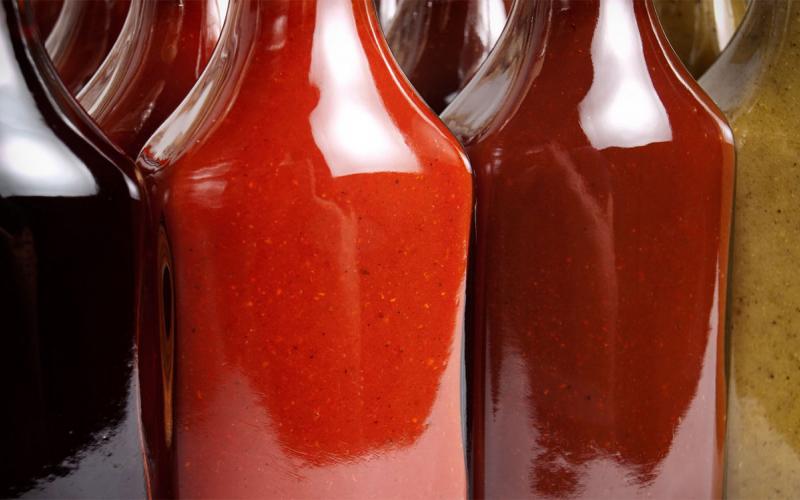
How to Make a Safe Hot Sauce
Hot sauces can be made to with a combination of several different ingredients to give unique flavors and heat that consumers enjoy. There are many considerations that should be made on how hot sauces are processed, formulated and packaged.
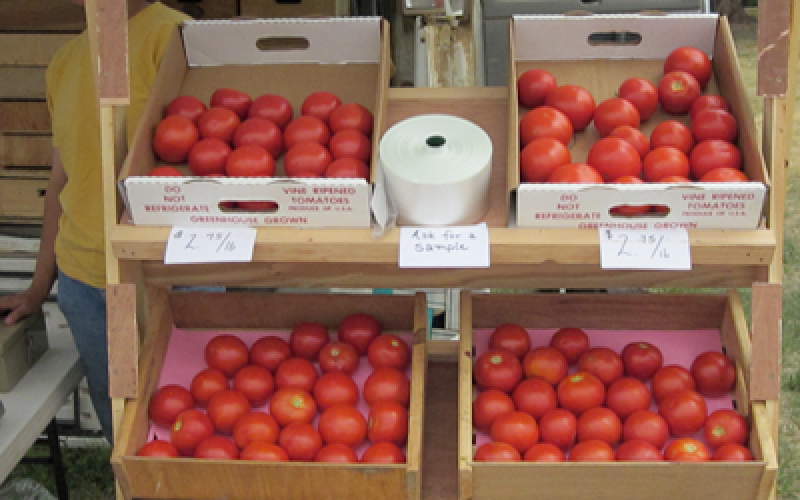
Farmers Market Food Safety: Health & Hygiene
Health, hygiene and hand washing apply to all stages of production, processing and marketing. Ill food handlers can easily contaminate fresh produce with disease-causing microorganisms. Many of these organisms have the capability to survive on fresh fruits and vegetables for an extended time, from several days to weeks. Once the organism is established on fresh produce, it is very hard to remove.
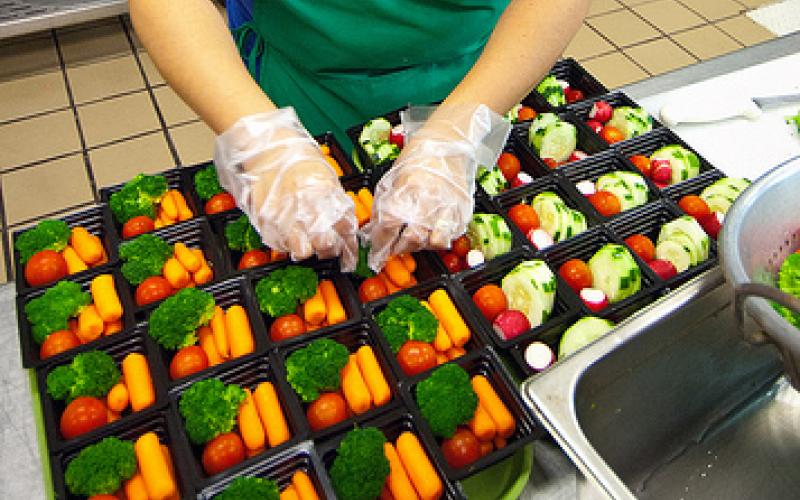
Disposable Gloves: Guidelines for Food Handlers
Improper handling of food and poor personal hygiene by food handlers are leading causes of foodborne illness. Disposable gloves do not take the place of good hygiene and proper hand-washing.
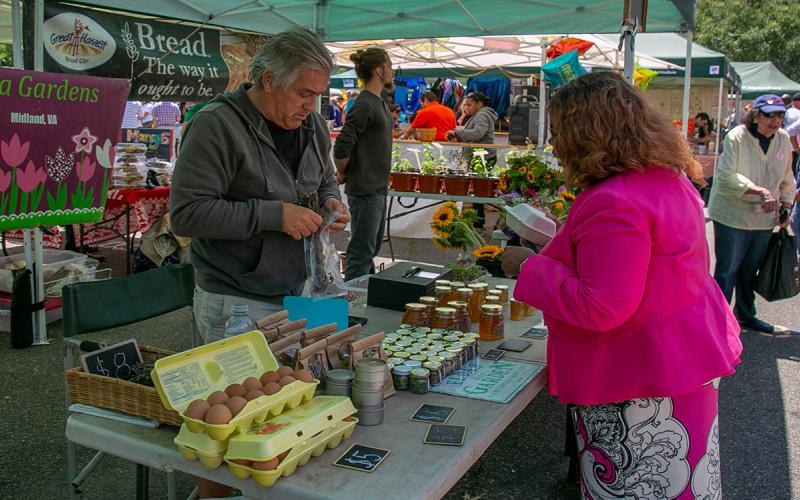
Food Safety for South Dakota Farmers Market Vendors: Regulations and Best Practices
Farmers markets are a valuable sales outlet for farmers and food entrepreneurs alike. Learn some essential rules, regulations, and best practices for processing, handling, and selling a variety of common food items at South Dakota farmers markets.
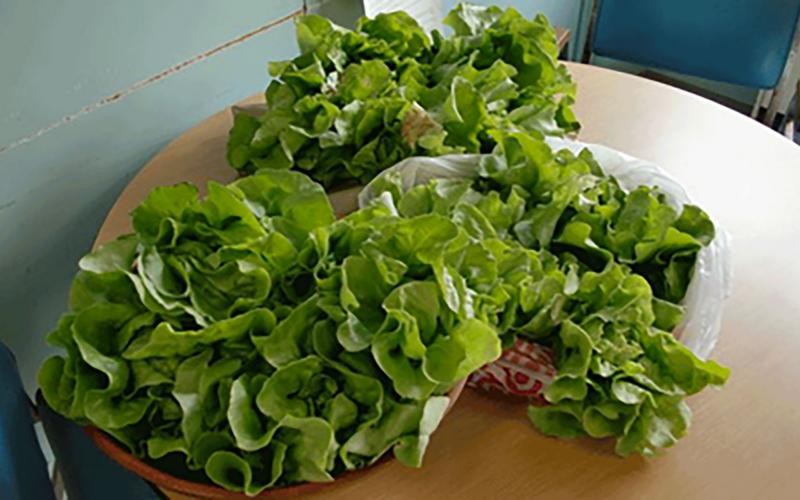
Best Practices When Harvesting Leafy Greens for Market and Home
The harvesting of leafy greens to maintain quality and safety focuses on the key risk factors from the time harvest begins to selling at market. The food safety risk factors involve temperature, time, water, worker hygienic practices, and food contact surfaces.
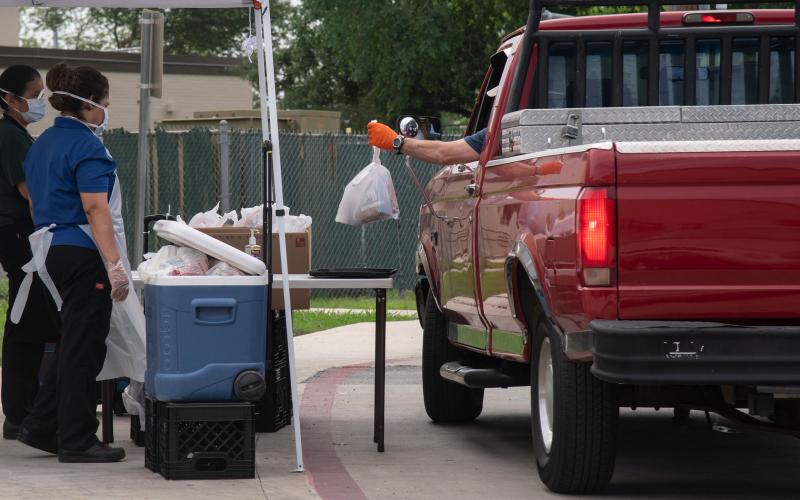
Farmers Markets and COVID-19
Farmers markets are a very important sector in South Dakota. The COVID-19 pandemic has raised a great deal of concern on trying to keep these markets open, while providing a safe environment for consumers to shop. This article is a guide to help farmers markets set up their operation in a manner that will best protect consumers and allow for continuation of operations.
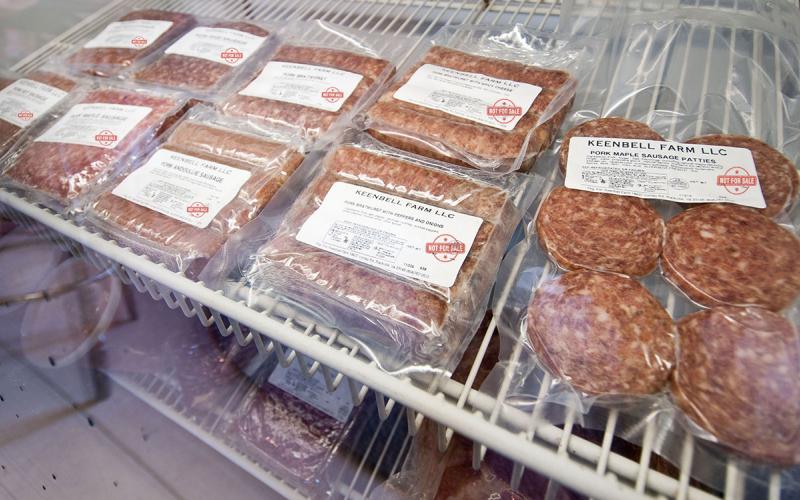
Meat (Not) For Sale
Before buying meat from local livestock producers, take the time to understand the rules and regulations of local meat processing.